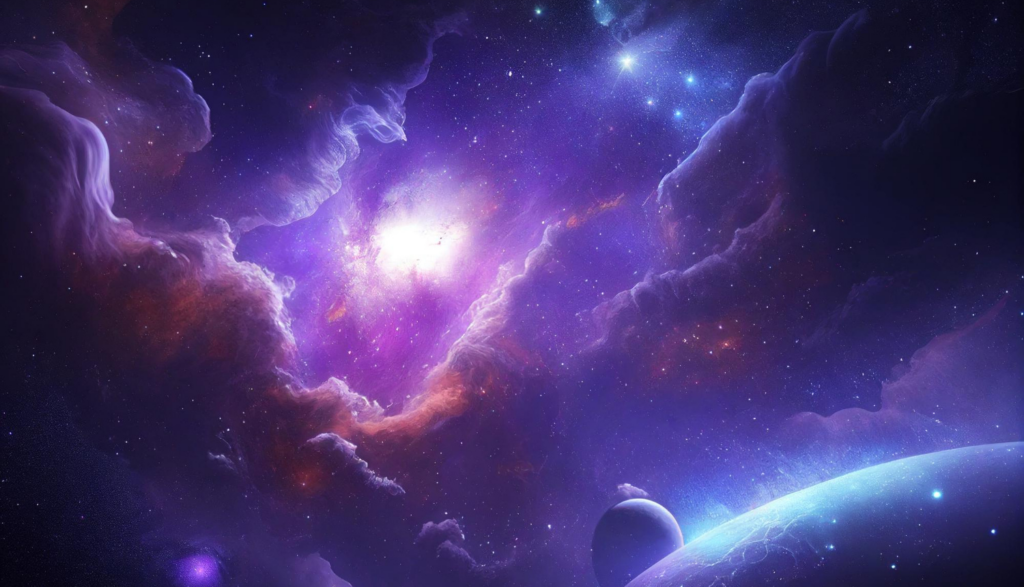The concept of planetary cycles influencing life on Earth has long fascinated both astrologers and scientists. While astrology often ties celestial movements to human behavior and personality traits, science has focused on the measurable effects of planetary rhythms on natural phenomena. Surprisingly, there are areas where the two perspectives overlap, offering insights into how cosmic cycles influence life.
Tides and Lunar Rhythms
One of the most evident connections is the influence of the Moon on Earth’s tides. Science has established that the gravitational pull of the Moon and the Sun creates tidal forces, affecting ocean currents and even the behavior of some marine life. Astrologers also link the lunar cycle to human emotions, drawing parallels between the phases of the Moon and changes in mood and behavior. While the mechanisms differ, both perspectives recognize the impact of the lunar cycle on Earth.
Seasonal Shifts and Solar Cycles
The Sun’s path and its interaction with Earth are crucial for seasonal changes, which are scientifically explained by Earth’s axial tilt and orbit around the Sun. This cycle governs temperature, climate patterns, and natural rhythms like plant growth. Astrology considers the Sun’s position through the zodiac to reflect periods of growth, change, and renewal in human life. Both disciplines acknowledge that the Sun’s movement creates significant changes on Earth, although they interpret these effects in different ways.

Planetary Alignments and Cycles
Astrology often emphasizes the importance of planetary alignments and their energetic effects on individuals. While science doesn’t recognize these alignments as influencing human behavior directly, it does note that planetary motions can impact cosmic radiation levels, which can subtly affect Earth’s atmosphere. For example, cycles like the solar cycle (about 11 years) influence solar flares and sunspot activity, impacting space weather that can affect satellite communications on Earth.
Biological Clocks and Circadian Rhythms
Circadian rhythms, the internal biological clocks that regulate sleep and wake cycles in humans and animals, are linked to Earth’s rotation and the cycles of day and night. This concept has scientific backing, yet it also resonates with astrological ideas of how daily planetary movements might influence behavior and energy levels. The alignment between astrology’s emphasis on the time of birth and science’s understanding of circadian biology highlights a shared belief in the significance of natural cycles on living organisms.
Related: How Astrological Houses Reflect Key Life Areas
A Shared Perspective on Connection
While astrology and science diverge in their explanations, they share a common understanding: the universe operates through interconnected rhythms. These cycles shape both the natural world and our experience of time and change. By recognizing the points of agreement, we can appreciate the different ways humans have sought to understand the cosmos and its impact on life.





















